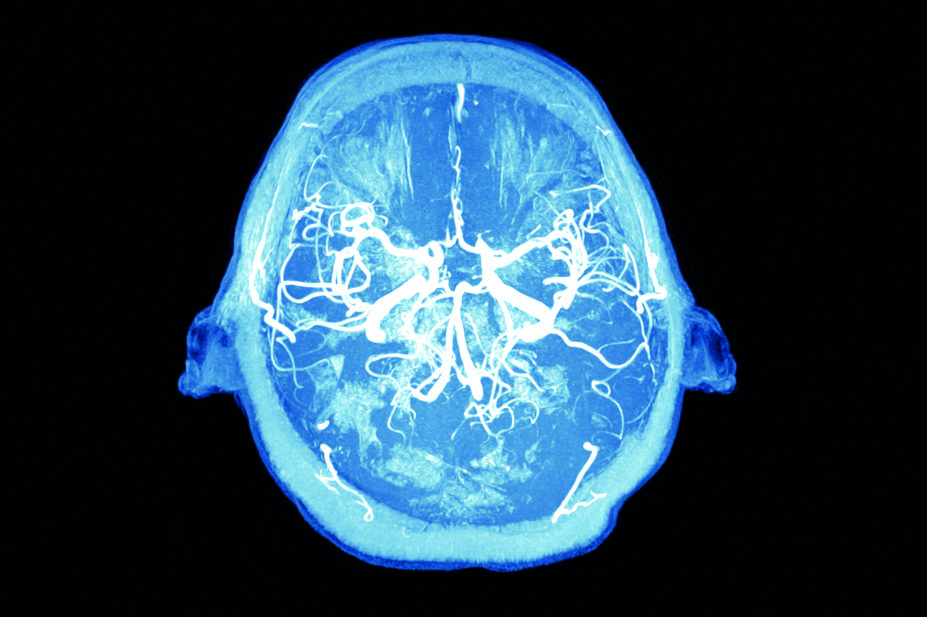
Shutterstock.com
Cognitive impairment is a characteristic feature of Parkinson’s disease (PD), with dementia affecting up to 80% of patients long term, according to epidemiological studies.
To explore which factors predict cognitive decline, US and international researchers assessed and followed up 423 patients newly diagnosed with PD for up to three years.
The researchers found that, by year three, cognitive impairment was diagnosed in 15–38% of the participants and cognitive impairment had increased in frequency by 50–200% depending on the criteria applied.
In multivariate analysis, the researchers found that biomarker changes including dopamine deficiency, decreased global brain volume and co-morbid Alzheimer’s disease plaque pathology all independently predicted cognitive impairment. They also identified two predictive genetic markers, COMT val/val and BDNF val/val.
Reporting in PLOS ONE
[1]
(online, 17 May 2017), the team says the findings could help the design of future clinical trials for disease-modifying therapies and could also be a step towards personalised medicine.
References
[1] Caspell-Garcia C, Simuni T, Tosun-Turgut D et al. Multiple modality biomarker prediction of cognitive impairment in prospectively followed de novo Parkinson disease. PLoS ONE 2017; 12(5): e0175674. doi: 10.1371/journal.pone.0175674

